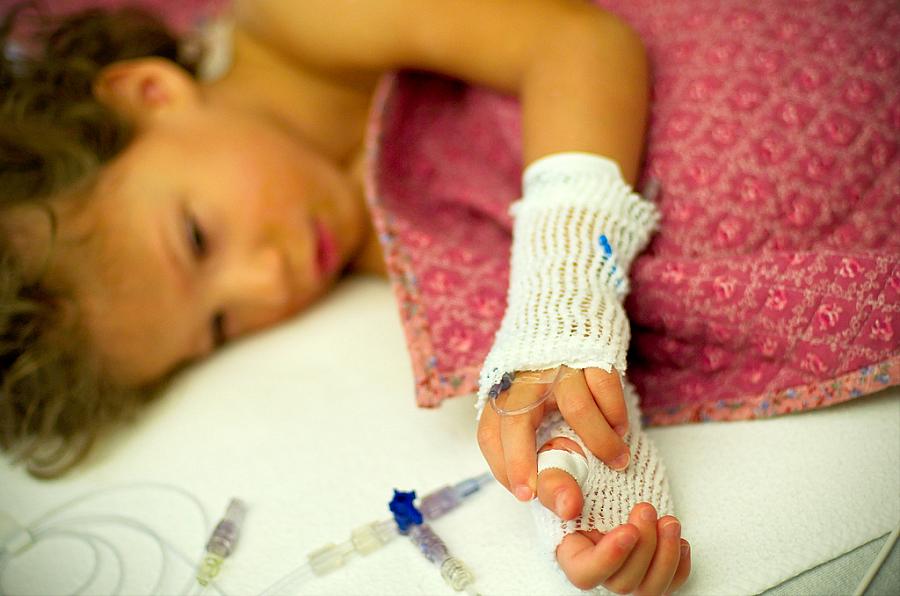No One Knows: Disclosure provides power to desperate patients

The patient experience already can make people feel powerless. I asked in Monday’s post why patients need to know what is going on with other patients, and the first argument is that anything that empowers patients, even just a little bit, is a good thing.
When you are in the hospital or when your child is the hospital, you are at the mercy of a disease or condition that you may not fully understand and that is transforming your life and your family’s life, often dramatically. This may be short term, but it can feel like it will never end.
You also are at the mercy of the medical system. You are being told what needs to be done by medical professionals and putting a lot of faith in them that they are making the right decisions, and that they are providing you with everything they know about the hows and the whys of the situation.
In the fungal infection cases that have come to light at Children’s Hospital New Orleans, parents knew the how. They knew – in some cases at least – that their already ill children had developed a fungal infection, and in all likelihood they were told that weakened immune systems made their children more vulnerable to these infections.
But they didn’t know the why. They didn’t know that the hospital had traced the fungus to linens, and they didn’t know that others in the hospital had developed the same infections.
My editor, Ryan White, asked a great question about these cases:
To what extent did the fungal infections push the patients' condition over the edge? As you note, they were there with severely compromised immune systems to begin with. But what percentage of these patients would've died had no fungal infection been contracted – 0%, 50%, 100%?
As Ryan acknowledged to me, this is quite difficult to know, especially long after the fact of their deaths. But that’s just one piece of the equation here. Even if the hospital could say conclusively that the fungus didn’t kill these children, it almost certainly can’t tell the parents with a straight face that the fungus did not make them suffer more. Anything that adds to the suffering of a patient should absolutely be explained to its fullest. And if it’s part of a pattern at a hospital, the hospital should consider how much sharing that information – while respecting all state and federal guidelines, of course – would help empower the patients and their families with information they might want in order to make good decisions about what to do next.
In the birth defects cases in Eastern Washington, nobody appears to know the why. But at least some of the parents of those children said it would have helped them to know that other parents had children recently born with the same diagnosis.
Perhaps the information would have provided a sense of shared adversity. But it also would have provided power. Parents would know that they weren’t alone during a time that no doubt felt incredibly lonely, and that solidarity would have helped them sort through the medical advice and their gut instincts.
Photo by Philip Dean via Flickr.
Related posts
No One Knows: Does it help when hospitals disclose patterns among cases?
No One Knows: Hidden child deaths from fungus raise question of how much families should know
